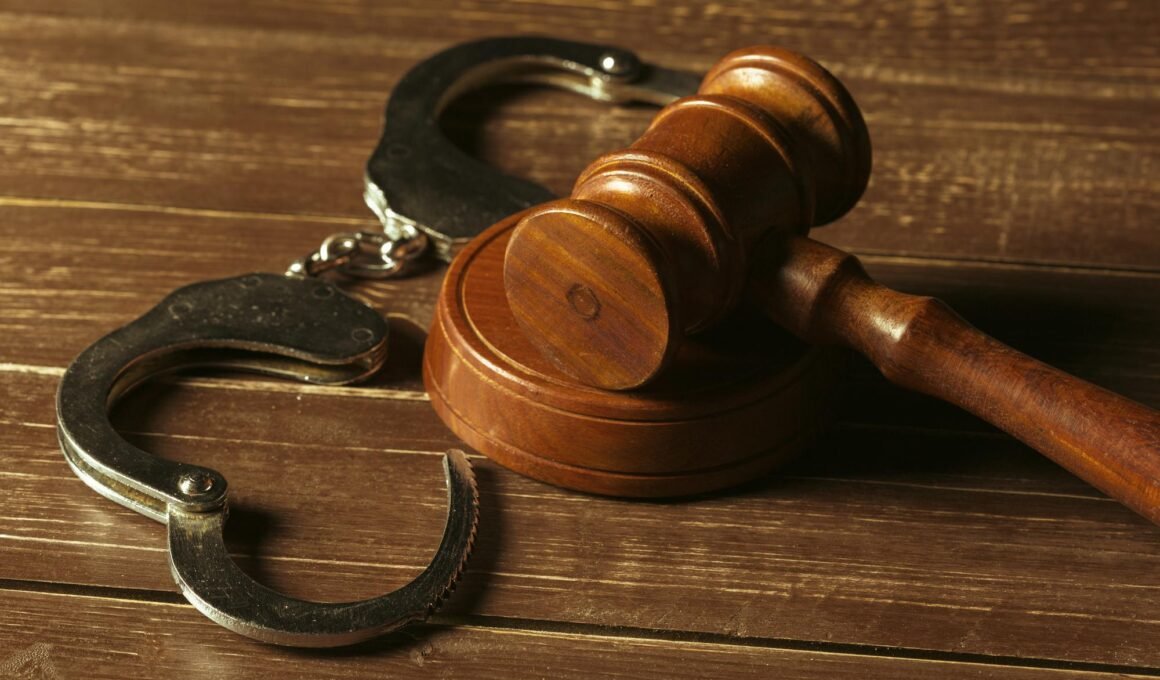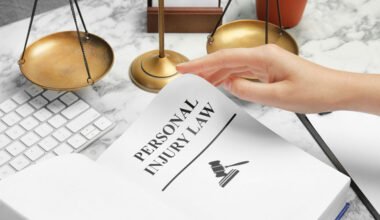Fort Lauderdale, located on Florida’s southeastern coast, is known for its scenic beaches, extensive canal system, and thriving tourism and boating industries. Beyond its attractions, the city has a diverse population and a bustling legal and business community.
Facing criminal charges in such a dynamic city can be overwhelming, but understanding how the criminal defense process works can help ease that stress. A Fort Lauderdale criminal defense attorney plays a crucial role in guiding individuals through this complex system, ensuring their rights are protected at every step.
The Arrest and Initial Appearance
The journey begins when law enforcement arrests an individual based on probable cause. Following the arrest, the accused is brought before a judge for an initial appearance, where the charges are formally read, and bail is considered. It’s crucial to have legal representation at this stage to ensure that your rights are upheld and to discuss the possibility of bail or release conditions.
Pre-Trial Procedures
Once the initial appearance is complete, the case enters the pre-trial phase. During this period, your attorney will engage in discovery, gathering evidence, and reviewing the prosecution’s case. Motions may be filed to suppress certain evidence or dismiss charges. This stage is vital for building a strong defense strategy.
Plea Bargaining
In many cases, the defense and prosecution may engage in plea negotiations. A plea bargain involves the defendant agreeing to plead guilty to a lesser charge in exchange for a reduced sentence. While this can be beneficial in certain situations, it’s essential to have a skilled attorney who can advise whether accepting a plea deal is in your best interest.
Trial
If a plea agreement isn’t reached, the case proceeds to trial. Here, both the defense and prosecution present their evidence and arguments before a judge or jury. The defendant has the right to remain silent, and the prosecution bears the burden of proving guilt beyond a reasonable doubt. A competent criminal defense attorney will cross-examine witnesses, challenge evidence, and present a compelling case to secure a favorable verdict.
Sentencing
Should the defendant be found guilty, sentencing follows. The judge considers various factors, including the severity of the offense, the defendant’s criminal history, and any mitigating circumstances. An experienced attorney can advocate for a more lenient sentence, potentially reducing penalties or securing alternative sentencing options like probation.
Appeals and Post-Conviction Relief
Even after a conviction, avenues remain to challenge the outcome. An appeal allows the defense to argue that legal errors occurred during the trial that affected the verdict. Additionally, post-conviction relief can address issues such as new evidence or ineffective assistance of counsel. Navigating these processes requires specialized knowledge and expertise.
The Importance of Legal Representation
Throughout each stage of the criminal justice process, having a dedicated criminal defense attorney is paramount. They not only provide legal expertise but also offer support and guidance during what can be an overwhelming time. Their role is to ensure that the defendant’s rights are protected and to work towards the most favorable outcome possible.
In conclusion, understanding the criminal defense process is essential for anyone facing charges. From the initial arrest to potential appeals, each step requires careful consideration and professional legal assistance. If you or someone you know is involved in a criminal case, seeking the counsel of a qualified attorney can make all the difference in achieving a fair and just resolution.



